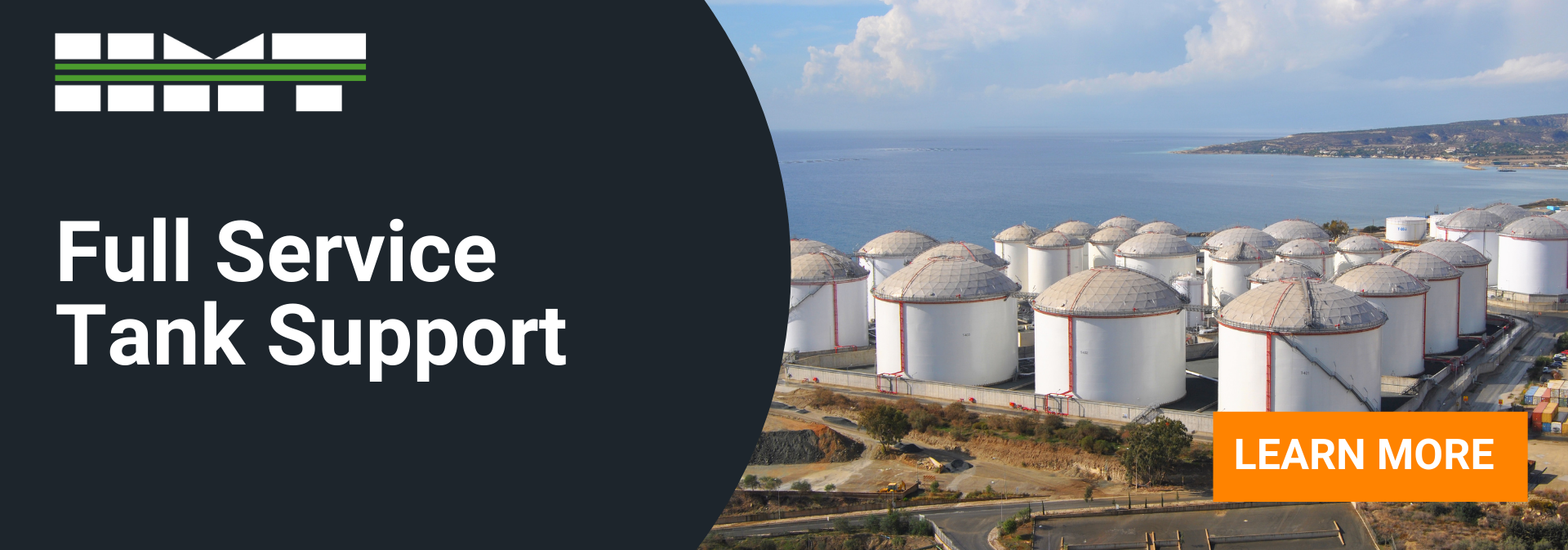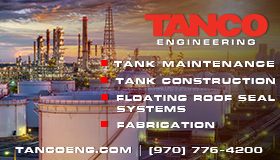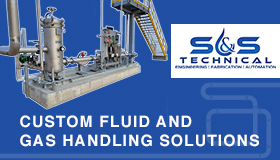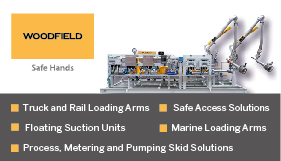Oil is one of the foundational necessities of modern life. Practically everything we purchase requires the use of oil at one point in the manufacturing process. Everything that is transported across our system of roads involves oil derivative commodities.
With continual domestic and international increase in the use of energy, it’s more important than ever to manage America’s supply of oil and petroleum products.
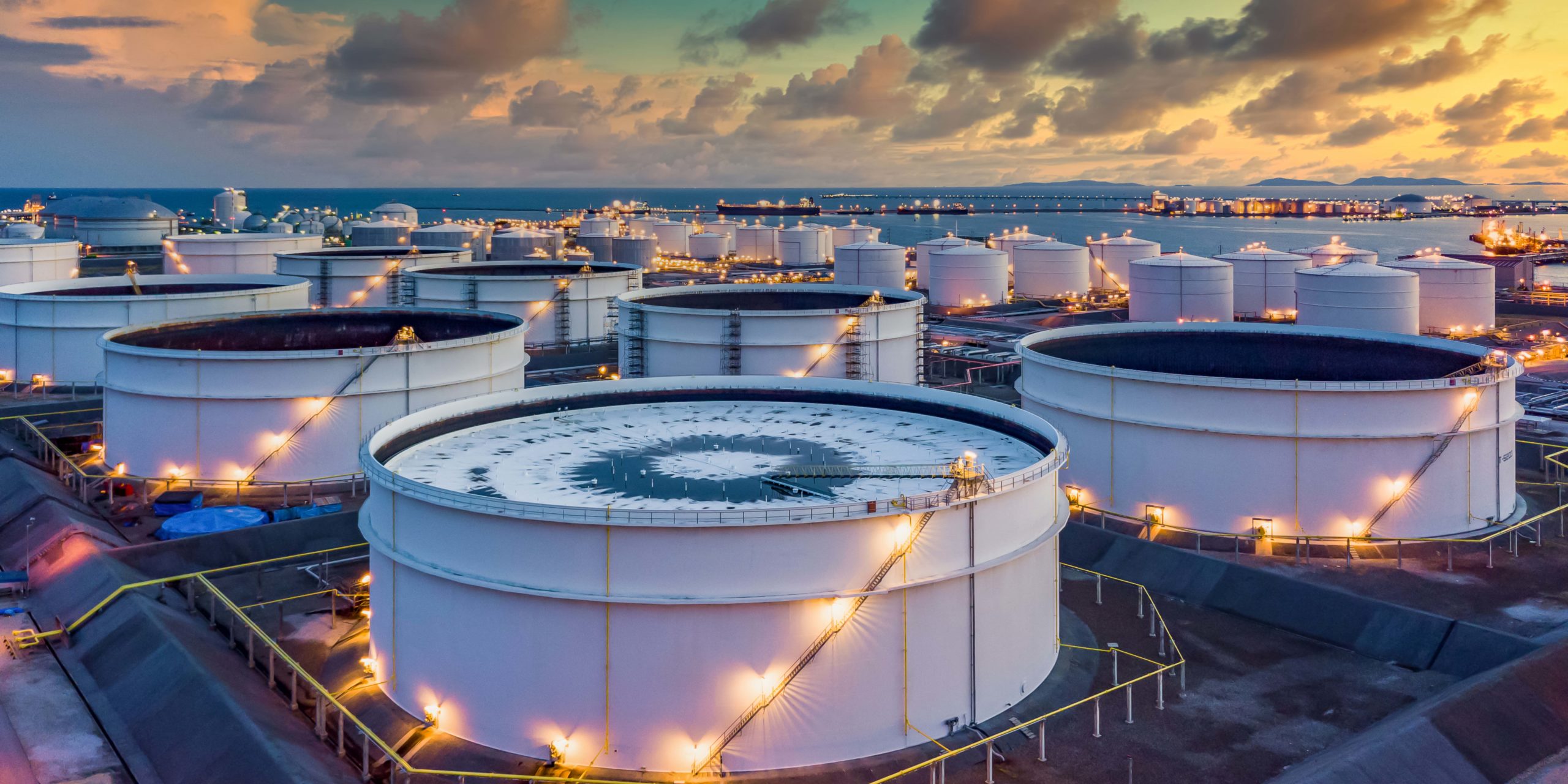
What is a terminal?
An oil terminal is an industrial site where oil is loaded or unloaded for storage or transportation via pipelines or tankers. The storage facilities house products such as petroleum, oil, renewable fuels, and petrochemicals.
You may not have thought much about the distribution and transportation of fuels. But there is a complex system of logistics involved in getting crude oil from its source to its end destination.
Along the way, storage terminals facilitate transfer from one mode of transportation to another. From barge to pipelines, from tankers to refineries, or from freighters to railways, a terminal serves as an intersection between here and there.
The logistical puzzle
Efficiency and speed from source to destination with seamless access for tankers is crucial in the overall logistics. Prime locations of terminals include areas where tankers can swiftly approach and depart to/from main arterial roadways and rail lines.
Depending on the location, docks for loading and unloading barges, or a station for receiving transfer trucks, may also be part of the terminal layout, especially if it’s a major crude oil hub.
Coastal operations allow for marine tankers from offshore production to load or unload oil products.
Terminals located near cities take advantage of transportation arteries via roads and railways. Intercoastal waterways are often utilized to expediate distribution capabilities.
Terminal ownership
A single oil company may own an oil terminal – also referred to as a depot. In this case, the company usually operates the enterprise as well.
A joint ownership consists of two or more entities owning and operating the terminal, and jointly underwrite operating costs as well.
If a terminal is owned by a non-oil company who is paid by oil companies to store their products, it is considered an independent ownership.
For more information www.unrgcorp.com




